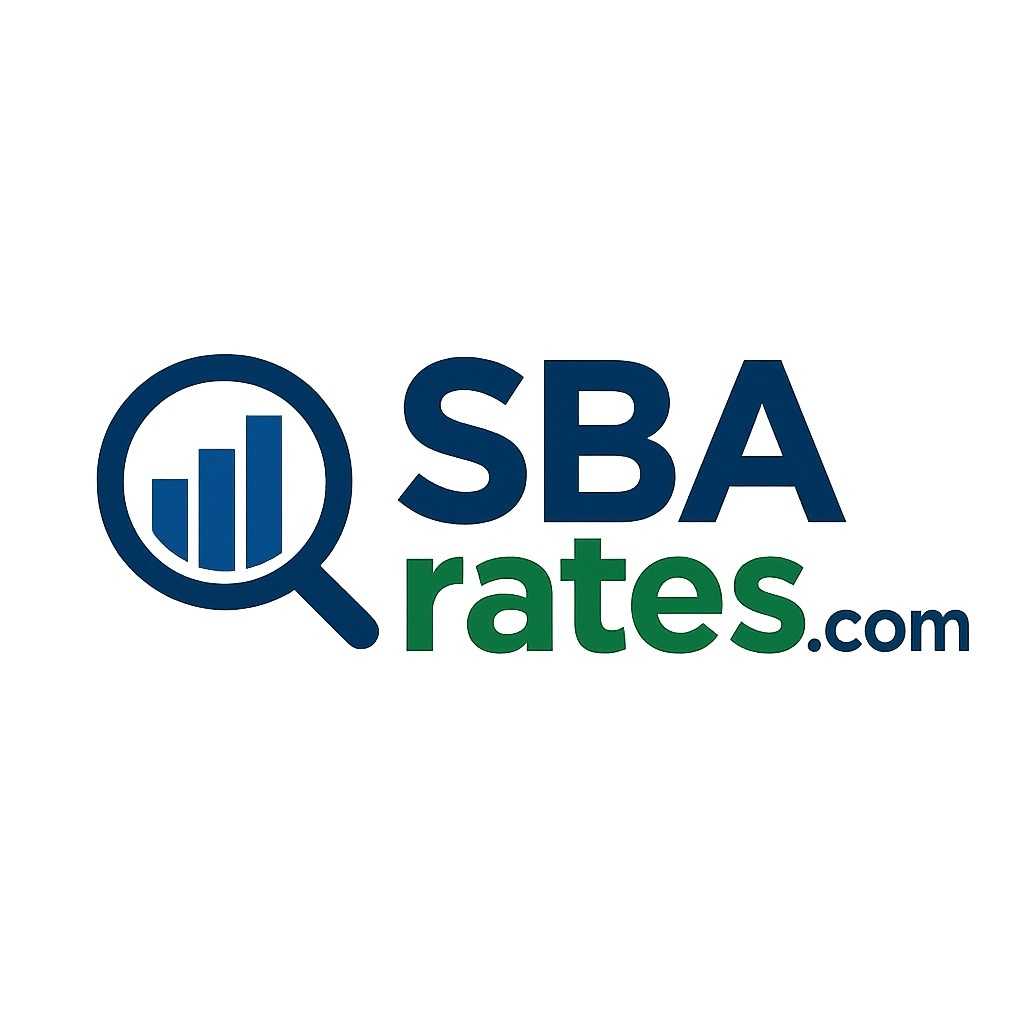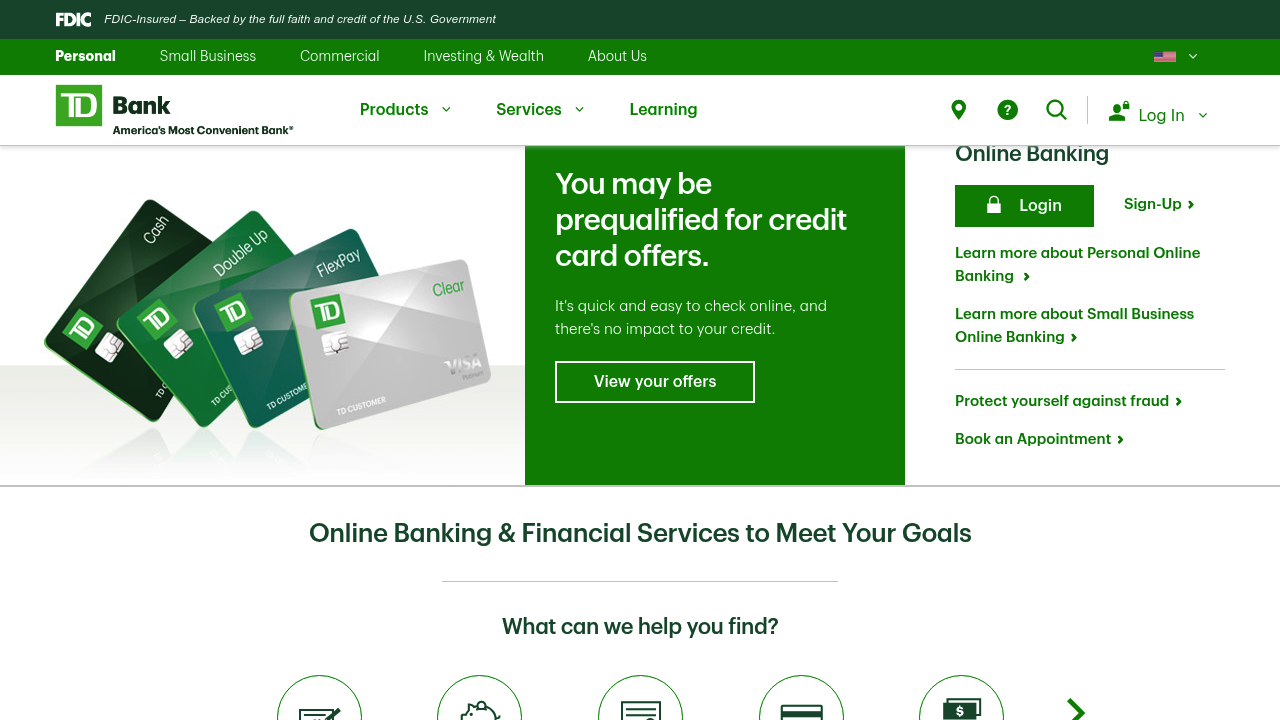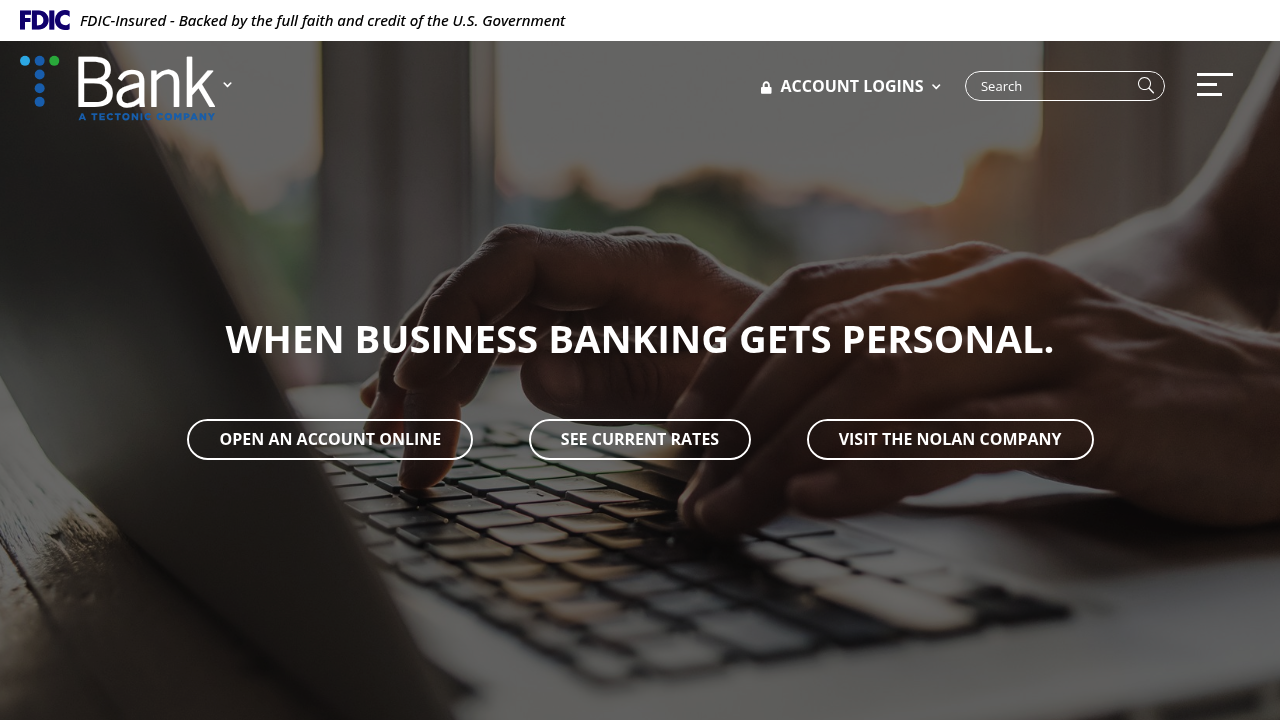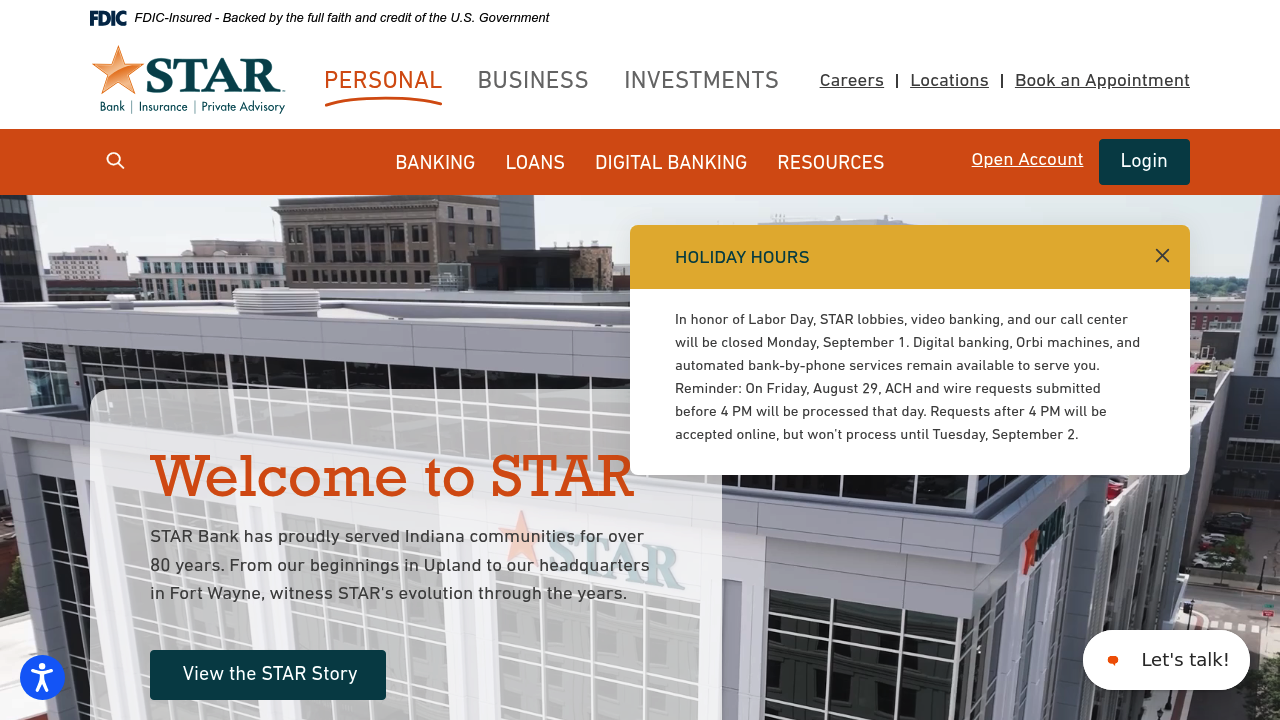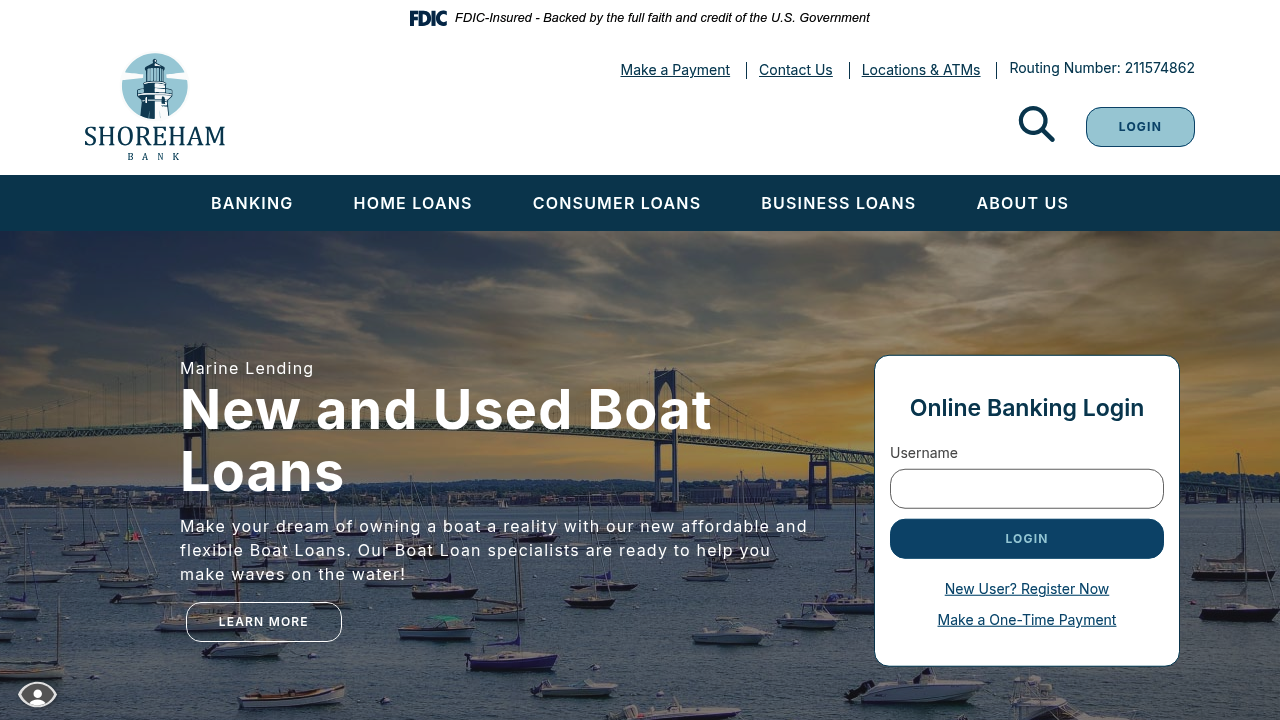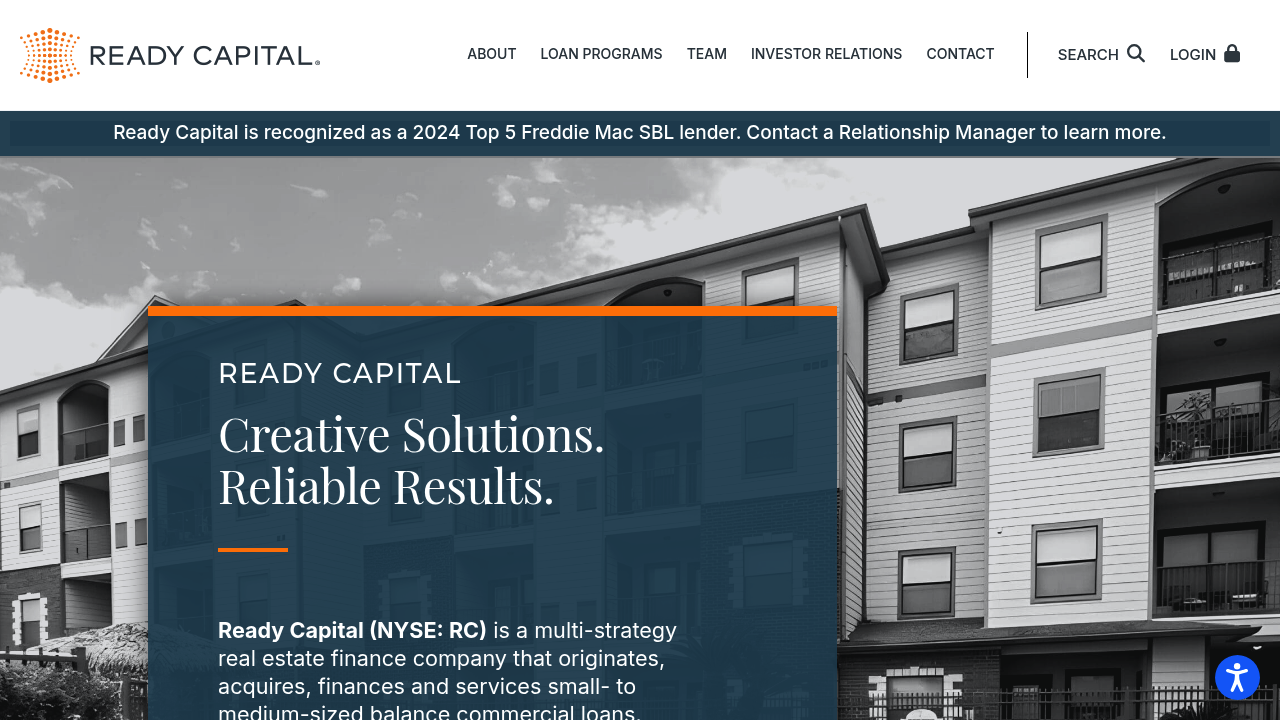Water and Sewer Line and Related Structures Construction
237110
SBA Loans for Water and Sewer Line and Related Structures Construction: Financing Infrastructure Contractors
Introduction
Water and sewer line construction contractors are critical to public health and infrastructure, installing and maintaining pipelines, mains, pumping stations, and related systems. Classified under NAICS 237110 – Water and Sewer Line and Related Structures Construction, this sector serves municipalities, utilities, and private developers. While demand is strong due to aging infrastructure and new development, contractors face significant financial challenges including high equipment costs, compliance requirements, labor shortages, and project-based payment cycles.
This is where SBA Loans for Water and Sewer Contractors can make a major difference. Backed by the U.S. Small Business Administration, SBA loans offer longer repayment terms, lower down payments, and government-backed guarantees. These loans help contractors purchase heavy equipment, cover payroll, manage cash flow, and expand their operations to take on larger public works projects.
In this article, we’ll explore NAICS 237110, the financial hurdles water and sewer contractors face, how SBA loans provide solutions, and answers to frequently asked questions from construction industry professionals.
Industry Overview: NAICS 237110
Water and Sewer Line and Related Structures Construction (NAICS 237110) includes businesses that provide:
- Construction of water mains, sewer lines, and storm drains
- Installation of pumping stations and treatment facilities
- Rehabilitation and replacement of old infrastructure
- Underground utility installation for new residential and commercial projects
- Specialized excavation and trenching services
This industry is capital- and labor-intensive, requiring large upfront investments in machinery, safety, and compliance systems.
Common Pain Points in Water and Sewer Contractor Financing
From Reddit’s r/Construction, r/CivilEngineering, and Quora discussions, contractors often highlight these challenges:
- High Equipment Costs – Excavators, trenchers, loaders, and safety gear require heavy investment.
- Regulatory Compliance – EPA, OSHA, and municipal regulations add ongoing costs for permits and inspections.
- Cash Flow Gaps – Municipal and government contracts often delay payments for 60–120 days.
- Labor & Payroll – Recruiting and retaining skilled operators and laborers is costly.
- Project Delays – Weather, supply shortages, or permitting issues disrupt schedules and budgets.
How SBA Loans Help Infrastructure Contractors
SBA financing provides affordable, flexible capital that helps water and sewer line contractors stabilize operations, purchase equipment, and take on larger projects.
SBA 7(a) Loan
- Best for: Working capital, payroll, insurance, or refinancing debt
- Loan size: Up to $5 million
- Why it helps: Provides liquidity for fuel, materials, and employee wages
SBA 504 Loan
- Best for: Heavy equipment and facility investments
- Loan size: Up to $5.5 million
- Why it helps: Ideal for purchasing excavators, trenchers, trucks, or expanding storage yards and workshops
SBA Microloans
- Best for: Small or startup utility contractors
- Loan size: Up to $50,000
- Why it helps: Useful for safety equipment, small tools, or initial contract expenses
SBA Disaster Loans
- Best for: Contractors impacted by floods, hurricanes, or other natural disasters
- Loan size: Up to $2 million
- Why it helps: Provides recovery funds for damaged machinery, disrupted contracts, or rebuilding operations
Step-by-Step Guide to Getting an SBA Loan
- Check Eligibility – Must be a U.S.-based, for-profit construction company with good personal credit (typically 650+)
- Prepare Financial Documents – Include tax returns, P&L statements, equipment quotes, and municipal contracts
- Find an SBA-Approved Lender – Some lenders specialize in infrastructure and construction loans
- Submit Application – Provide a business plan highlighting project pipeline, compliance capabilities, and growth potential
- Underwriting & Approval – SBA guarantees reduce lender risk. Approval usually takes 30–90 days
FAQ: SBA Loans for Water and Sewer Line Construction Companies
Why do banks often deny loans to utility contractors?
Banks may view these businesses as risky due to project-based revenue, high equipment needs, and delayed municipal payments. SBA guarantees reduce this risk and improve approval chances.
Can SBA loans finance excavators, trenchers, and heavy machinery?
Yes. SBA 7(a) and 504 loans can fund heavy equipment, trucks, and tools required for utility construction.
What down payment is required?
SBA loans typically require 10–20% down, compared to 25–30% with conventional financing.
Are startup contractors eligible?
Yes. Entrepreneurs with industry experience and municipal partnerships may qualify for SBA microloans or 7(a) financing.
What repayment terms are available?
- Working capital: Up to 7 years
- Equipment/facilities: Up to 10 years
- Real estate/workshops: Up to 25 years
Can SBA loans support compliance and safety investments?
Absolutely. Many contractors use SBA financing to fund OSHA compliance, environmental permits, and employee training programs.
Final Thoughts
The Water and Sewer Line and Related Structures Construction industry is essential for community infrastructure but faces financial hurdles tied to equipment, compliance, and project-based payments. SBA Loans for Utility Contractors provide affordable, flexible financing to stabilize cash flow, purchase heavy machinery, and expand operations.
Whether you’re an established contractor bidding on municipal projects or a new utility construction business, SBA financing can provide the resources you need. Connect with an SBA-approved lender today and explore your funding options under NAICS 237110.
Filters
Tags
#Preferred Lenders Program
#SBA Express Program
#Existing or more than 2 years old
#Startup
#Loan Funds will Open Business
#Change of Ownership
#New Business or 2 years or less
#7a General
#Variable Rates
#Fixed Rates
#Asset Base Working Capital Line (CAPLine)
#International Trade Loans
#Export Express
#7a with WCP
#Contract Loan Line of Credit (CAPLine)
#7a with EWCP
#Preferred Lenders with WCP
#Preferred Lenders with EWCP
#Seasonal Line of Credit (CAPLine)
#Builders Line of Credit (CAPLine)
